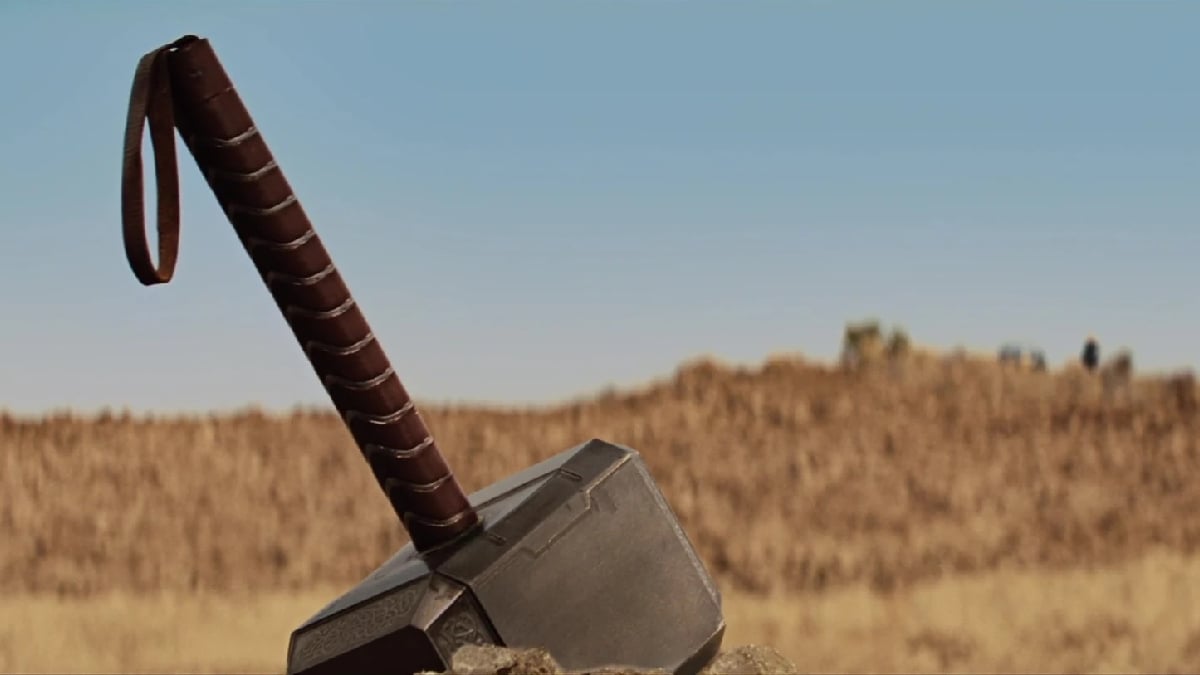Fans of Spider-Man Miles Morales are livid over his depiction in What If…? Miles Morales issue #4 by Yehudi Mercado and Paco Medina. It’s an alternate universe series that allows fans to see their favorite characters with different stories, and while this is often an entertaining concept, many were displeased at how Miles was written.
Miles is Afro-Latino, half Black and half Puerto Rican, and his ethnicity has been an important part of his character among his many admirable traits. In the new comic book, wherein Miles wields Mjölnir which gives him the power of Thor, the setting of Asgard looks stereotypical of “the hood” with graffiti and shoes hanging on telephone lines. Miles speaks in forced AAVE complete with stereotypical catchphrases that have disappointed many people.
Here’s what fans had to say about the portrayal of Miles Morales.
The introductory caption box for the issue reads, “Of all the five realms, Asgard is his hood,” which prompts a fan to use a meme of Samuel L. Jackson’s Nick Fury to call out the BS.
A fan uses a scene from FX’s It’s Always Sunny in Philadelphia, where Dee (Kaitlyn Olsen) does a terrible and stereotypical impression that causes the rest of the group to groan in disapproval.
An argument has been made that comic book teams should have more representation to prevent harmful depictions of characters from getting published.
One of the phrases Miles randomly throws out is the name of a Tupac Shakur album.
A fan points out Marvel’s history with blaxploitation comics from the 1970s and cites that the What If…? Story where Miles becomes The Hulk, is superior.
It’s pointed out that many of these stereotypical references are also very dated.
Another fan noticed the inauthenticity of the story and how pandering it is to Black people.
This is seen as a missed opportunity to blend Miles’ Afro-Latino culture and Norse mythology, but this falls short.
It frustrates many that these stereotypical depictions still get published to this very day. There’s an entire editing team meant to prevent these problematic issues from arising, and it highlights the lack of tools necessary to even identify them. Here’s hoping that in the future, something like this can be prevented.

